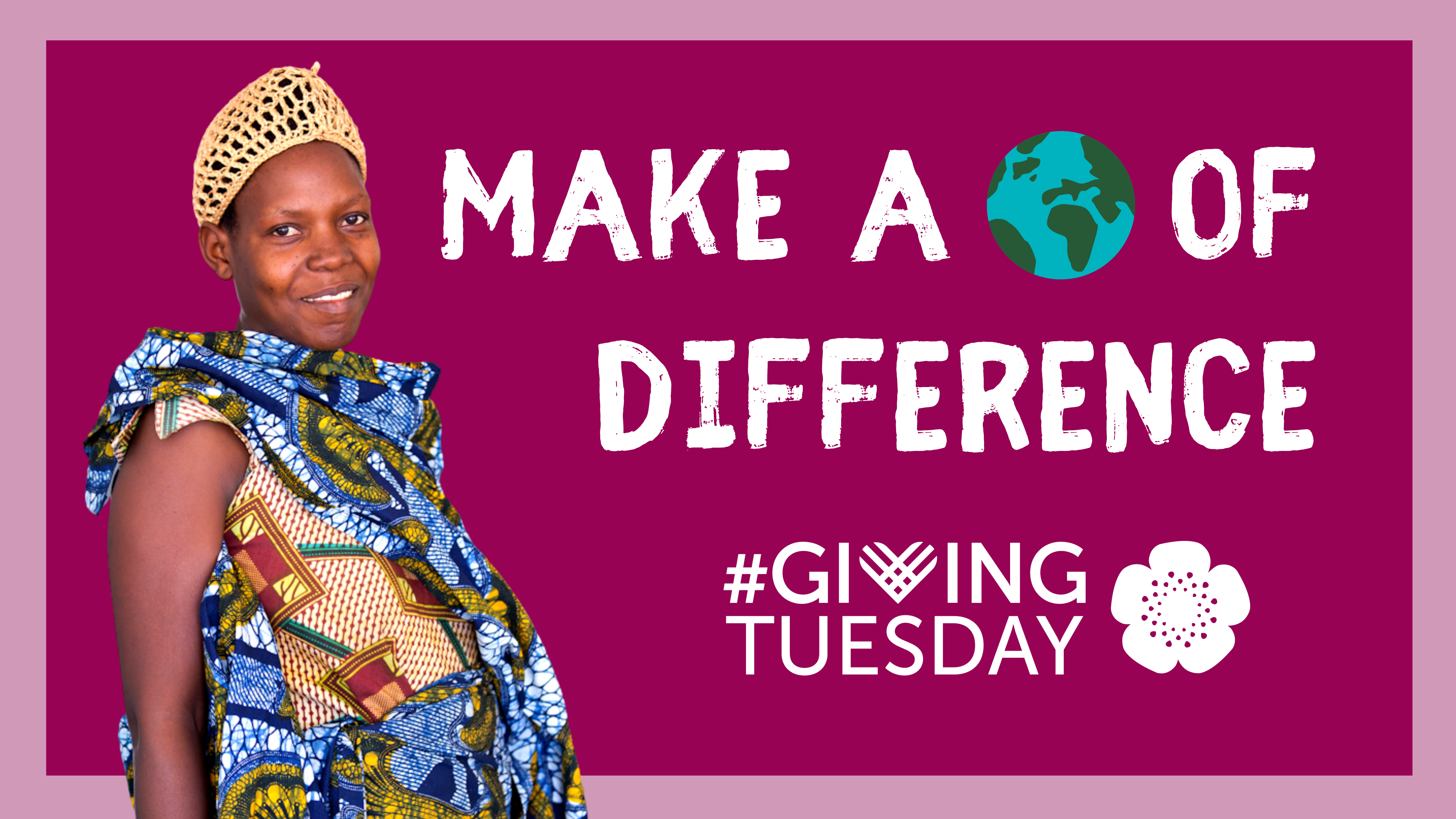
The following is a guest post from author Alexandra Allred, whose new book is titled ‘Awareness is Armor: Learn to Defend Yourself Online and In Real Time’, out now.
Alexandra Allred has been fighting – like a badass girl – all her life. She battled dyslexia to become a reader and writer, took on hundreds of opponents as a competitive martial artist, lobbied through a letter writing campaign for female bobsled to become an Olympic event, competed – while pregnant! – on the first US women’s bobsled team, and later (at the urging of Sports Illustrated, no less) tried out for a female professional football team, capturing the experience for her award winning book Atta Girl! A Celebration of Women in Sport.
Now this advocate for equity and empowerment has turned her attention to helping a new generation of young people to use a combination of self- and situational awareness to protect themselves from people intent on doing them harm. Geared toward middle- and high-school students, college freshman and young professionals, ‘Awareness Is Armor‘ offers real-life scenarios involving teachers, coaches, bosses, neighbors, online “friends,” classmates, pastors, relatives, friends, and strangers.
Find out more at https://www.alexandraallred.com/

[TW/CW: Sexual assault and rape]
Sexual assault has nothing to do with how sexy or attractive you are. In fact, it has very little to do with you or sex. Sexual assault is about power. It is a criminal action in which an aggressor (overwhelmingly male) wants or needs to assert himself in a show of dominance or power – for himself, not you. You, please remember, mean very little to this predator.
More often than not, sexual predators are narcissistic, abusive people who see themselves above all others. While they fancy themselves to be of more importance or of higher intelligence, sexual predators share common traits of excuse making, bullying, victim blaming, and self-glorification while also making themselves the victim. She made me do it. She was teasing me. She knew what she was doing.
These accusations (and assaults) against others can include wives, girlfriends, extended family members and friends, or complete strangers. It doesn’t matter because, in the view of the predator, the victim doesn’t matter. While the predator derives a sick but special kind of pleasure from such violence, the victim is long-suffering in the aftermath and, today, as domestic violence and assault has risen dramatically during the pandemic, we are only now beginning to see some of the devastation.
So, let’s break down a few myths and remind you of the power of you.
When we buy into the myths of assault, predators are empowered. An overwhelming number of convicted predators insist their lust could not be controlled. This is false. Sexual assault is about power and control, not sexual gratification. Even more destructive myths hold the victims, not the predator, accountable for the crime. When victims do not fight back, defenders of the predator insist this is evidence that they [victim] ‘wanted it’ yet there is scientific evidence of tonic immobility or “freezing” in which the trauma of assault literally paralyzes the victim. Compounded by this is the myth that all victims respond to assault in similar fashion. In truth, every person reacts differently, from tears and nightmares to laughter to denial.
There still persist the false argument that many victims lie about rape or assault when, in fact, only 2-8% give false reports and yet more predator-enablers insist that “rape” cannot occur between lovers or spouses. Fifteen percent of assailants (and those numbers have risen in 2020) are friends, relatives or acquaintances. We can no more judge a victim’s behavior following assault any more than we can rightly accuse a person of ‘asking for it’ because of the way she (or he) dresses. A scantily clad woman cannot be held responsible for the assault of predator with narcissistic, autocratic, aggressive criminal behaviors.
What we can do, however, is become more aware of who is around us and how we present ourselves. Of this last statement, the presentation of ourselves to the world has nothing to do with appearance, age, clothes or make-up. Understand that predators are pathetic opportunists who want victims who won’t make too much noise, give too much fight and, even after the assault, can somehow be controlled. This, then, requires a person who appears timid, fearful, i.e. controllable.
Is this you? Ask yourself how you believe you are perceived by strangers? Are you confident? Strong? Do you look people in the eye? A strong, self-assured person is not the ideal victim. It’s time to play the “I see you” game.
- Stay off your cell phone in public. Not only are you distracted (perfect target for predators) but with head down, back bowed, you appear more vulnerable. The FBI reports that stalkers will watch a victim anywhere from 20 minutes to months before they attack. Your vulnerability factor needs to be assessed.
- Walk tall and make eye contact. Make mental notes of who you pass, how they approach you, and keep a respectful distance from those you do not know or trust. Predators will pick up on this cue and, often, write-off the idea that you are an easy target.
- Play “I Spy.” Look at the person passing you. Does he have tattoos? How tall is he? What identifying qualities does he have? In essence, you are training yourself to look at people. What the predator notices, however, is an alert/aware person, not a victim. Can you identify at least 10 features on each person you pass? Try it.
- Practice your voice. When you speak, are you a mouse or a lion? How you project yourself in voice can influence how people see (and hear) you. You may not be able to lift 50 lbs but the strength of your voice can project a much stronger image of who you are and what you are made of.
- Listen to your voice. That is, listen to that little voice that tells you, “this guy is gross.” Women, in particular, dismiss that funny feeling we get because we don’t want to hurt feelings or be rude. Girls and women are socially but also unconsciously trained to “be sweet,” and are then also taught to lose their voice. Not only do you need to learn how to project a voice of strength and authority, you must learn to listen to your inner-voice. It is more powerful than you realize.
All of these seemingly small acts of confidence-building are far more powerful than you realize. Practice makes perfect. In particular to shy people, when you force yourself to say ‘hi’ to people you pass, this act of courage will, over time, empower you in all facets of life. Developing your confidence mean developing your self-worth and esteem. When you learn to walk, talk, and present yourself with assuredness, you redefine the word “victim” because it is not or will no longer include you.
It is cliché but no less true … you’re worth it! Your awareness truly is your armor.

















